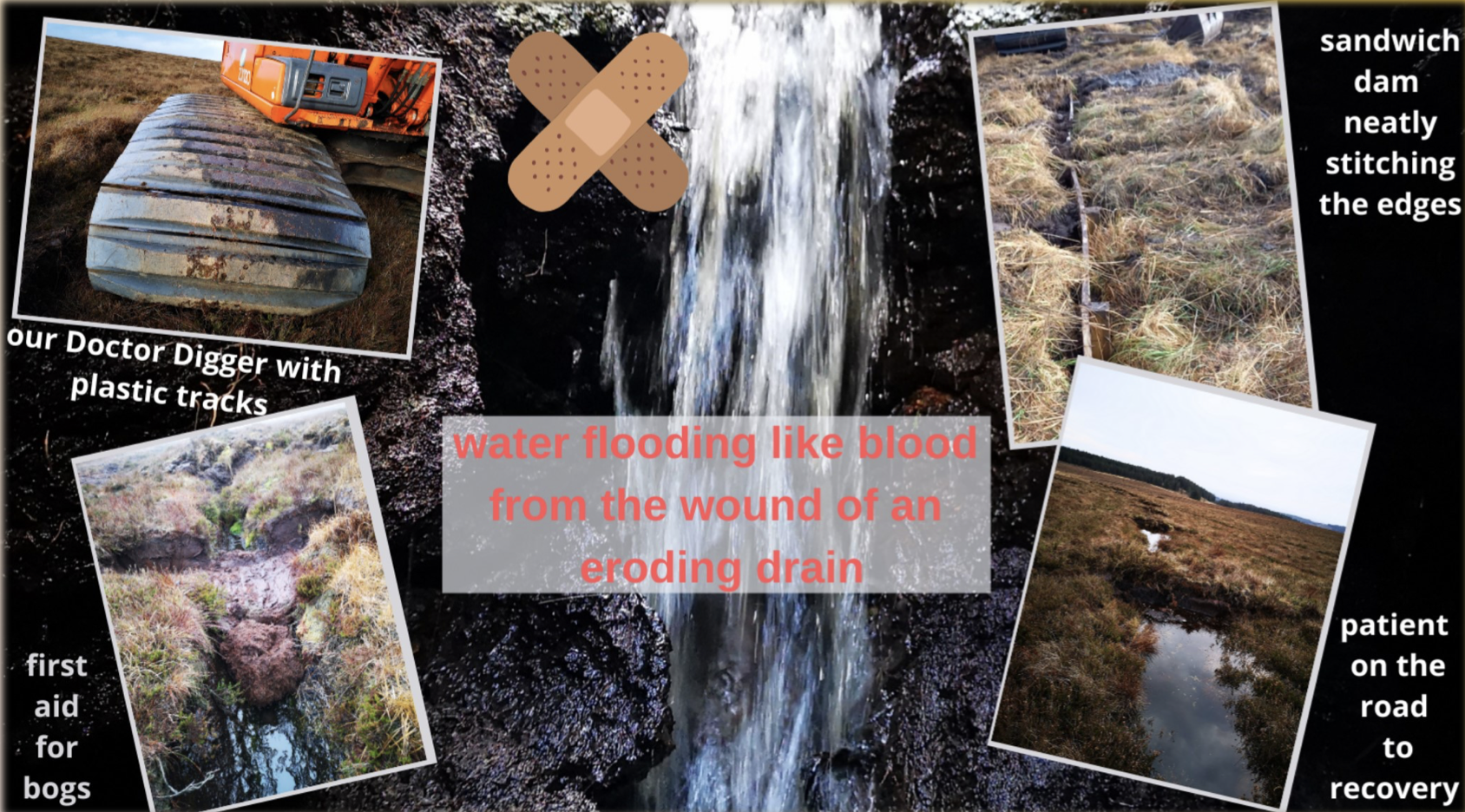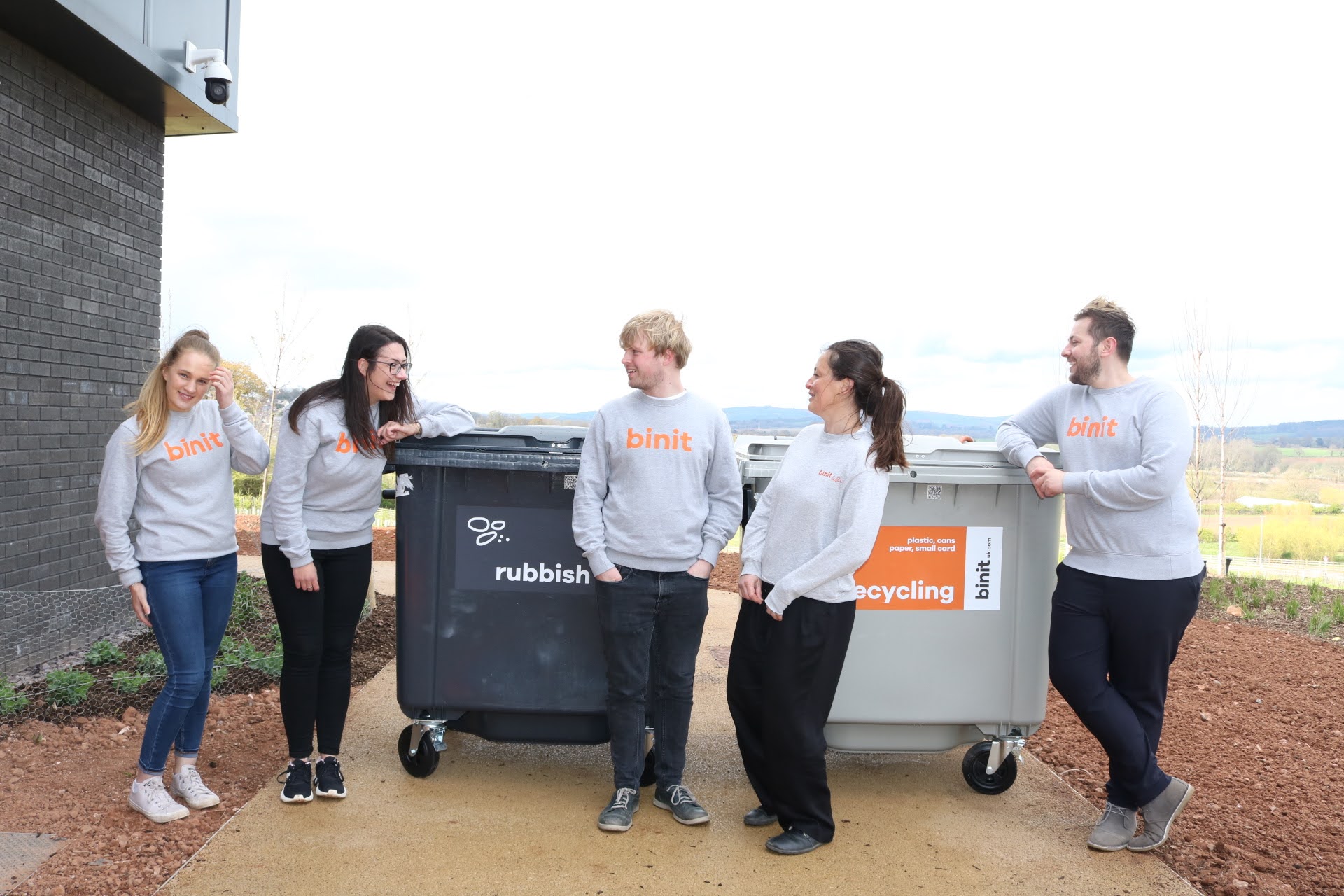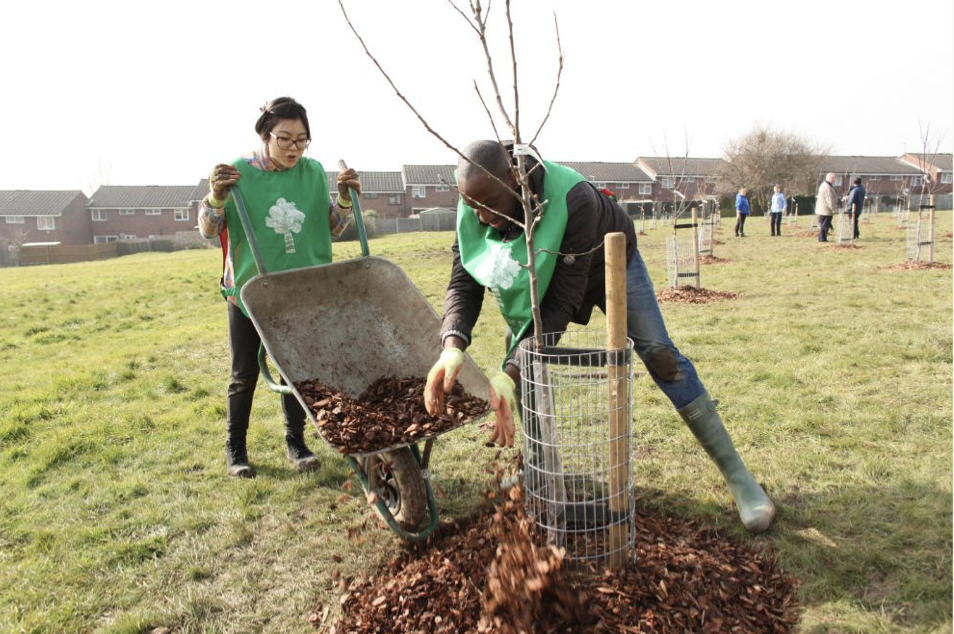
A cross-border environmental project improves the condition of special areas of conservation, resulting in cleaner water, reduced flood risk and increased biodiversity and carbon capture.
IMPROVING PROTECTED HABITATS
The CANN project, led by Newry, Mourne and Down District Council, is a cross-border environmental project improving protected habitats and supporting priority species in Northern Ireland, Ireland and Scotland. CANN’s success will help meet key EU targets while ensuring the future of these internationallysignificant habitats and the beautiful species that depend on them. In addition, the project will have sustainable, long-term benefits, including increased carbon capture, cleaner water, biodiversity improvements and reduced flood risk.
CONSERVATION ACTION PLANS
Eleven partners – including academic and research institutions, charities and local authorities – are working together to produce Conservation Action Plans covering 25,000 ha of Special Areas of Conservation (SACs). They are carrying out direct conservation actions, such as clearing invasive species, rewetting peat bog and improving access on 3,650 ha of these SACs. Partners work with local communities and stakeholders towards improving the environmental condition of their SACs. This includes delivering educational and outreach programmes and training to ensure the sustainability of the project’s work for generations to come.
CAPTURING CARBON AND REDUCING POLLUTION
Thousands of invasive rhododendron and pine trees have been removed, and several kilometres of drains on upland and lowland peat bog have been blocked with hundreds of dams. Trained local contractors and landowners continue to carry out this work. The net effect is to raise water levels and capture carbon. Since a healthy bog holds 30-70kg of carbon per square metre, degraded bogs are net carbon producers, while rewetting reduces climate change. Alien invasive species have been removed from limestone lakes, and the subtle balance of chemicals has been researched, allowing us to track and remedy pollution in the pristine waters.



